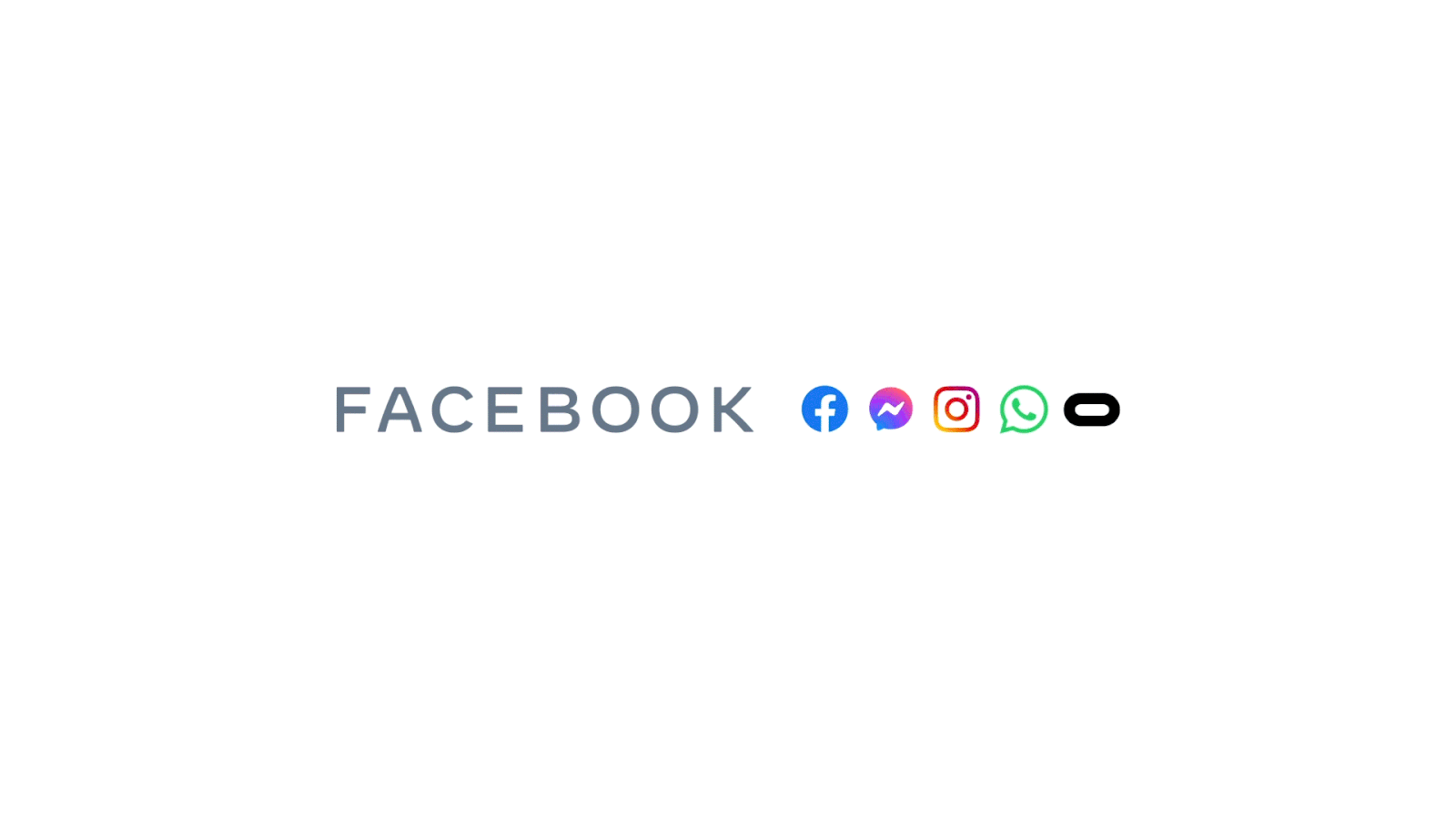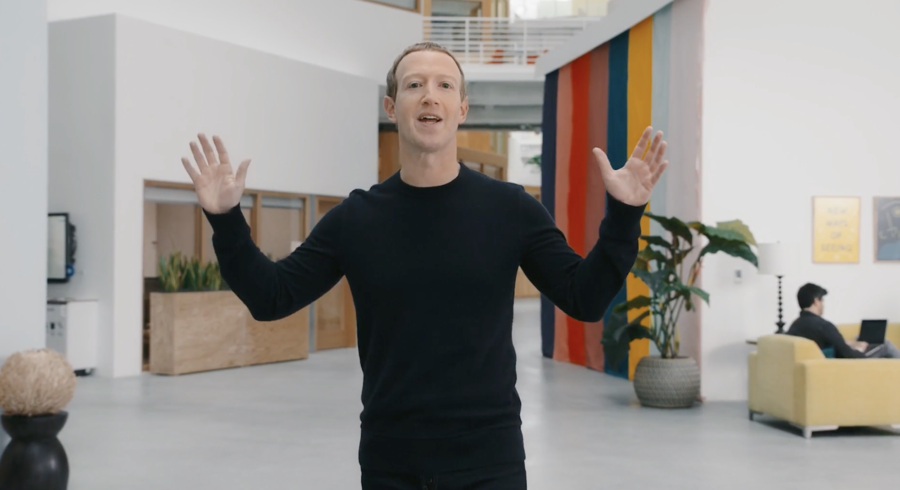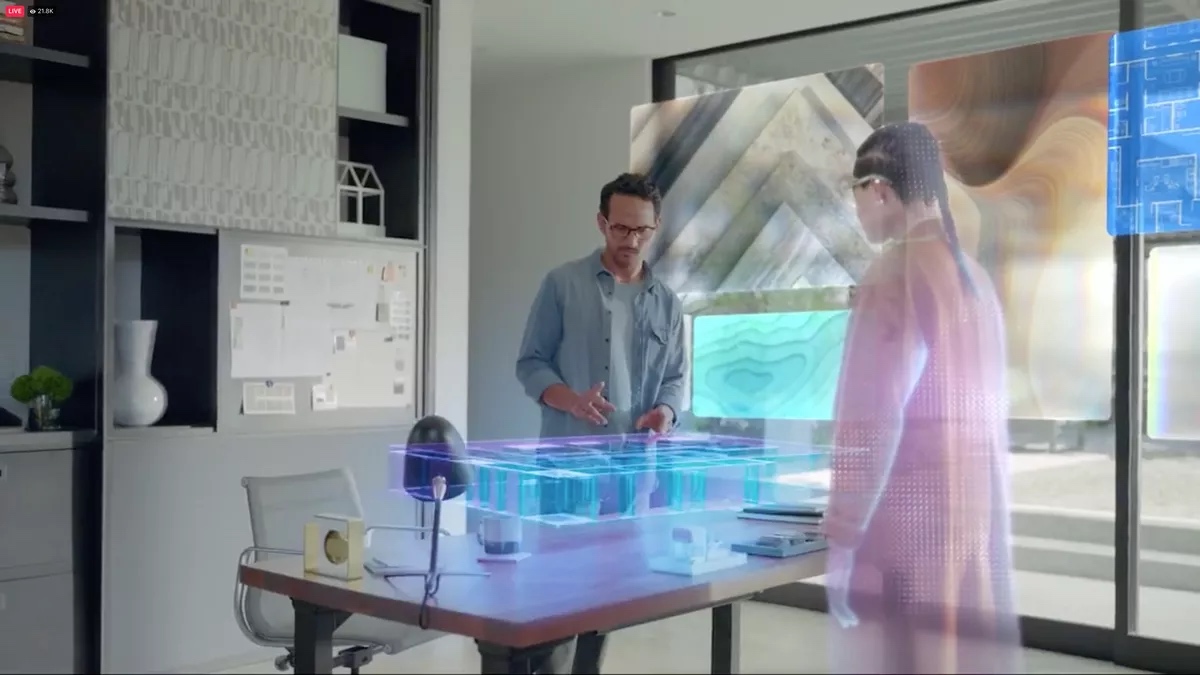Mark Zuckerberg Introduces Meta: Here’s What We Know
Facebook’s founder, Mark Zuckerberg recently revealed his platform will now be called Meta. New name, new image? Here’s what you need to know.

Facebook was created in 2004, and is, seventeen years later, changing name to Meta in major rebrand. The social media which connects people together, and which have been subject to various controversial remarks is rethinking its technological structure. “In our DNA, we are a company that builds technology to connect people and the metaverse is the next frontier, just like social networking was when we got started”, Mark Zuckerberg reminds.

The word “Meta” comes from the Greek word which means “Beyond”. For Zuckerberg, it symbolizes the future, the fact that there is always something more to build.
The mission of the new brand remains the same in terms of “bringing people together”, the apps and brands will not be any different to what they already are, but the new objective of the company is to “help bring the metaverse to life”.

His ambitious project is then to connect social apps and hardware to a world we only know in sci-fi, the metaverse.
The entrepreneur believes that the metaverse will be the successor of the internet and that it will be possible to “teleport instantly as a hologram to be at the office without a commute, at a concert with friends, or in your parent’s living room to catch up”, he wrote in a letter.

Meta will be an online world in which people can game, interact, work and communicate in the virtual environment, mainly through Virtual Reality headsets.

“I want to anchor our work and our identity on what we are building towards, we just announced that we are making a fundamental change to our company, we are now looking at and reporting on our business as two different segments, one for our family of apps and one for our work on future platforms, and as part of this, it is time for us to adopt a new company brand to encompass everything that we do, to reflect who we are, and what we hope to build,” he concluded.
The future might be beyond what we could possibly imagine.
Discover More
